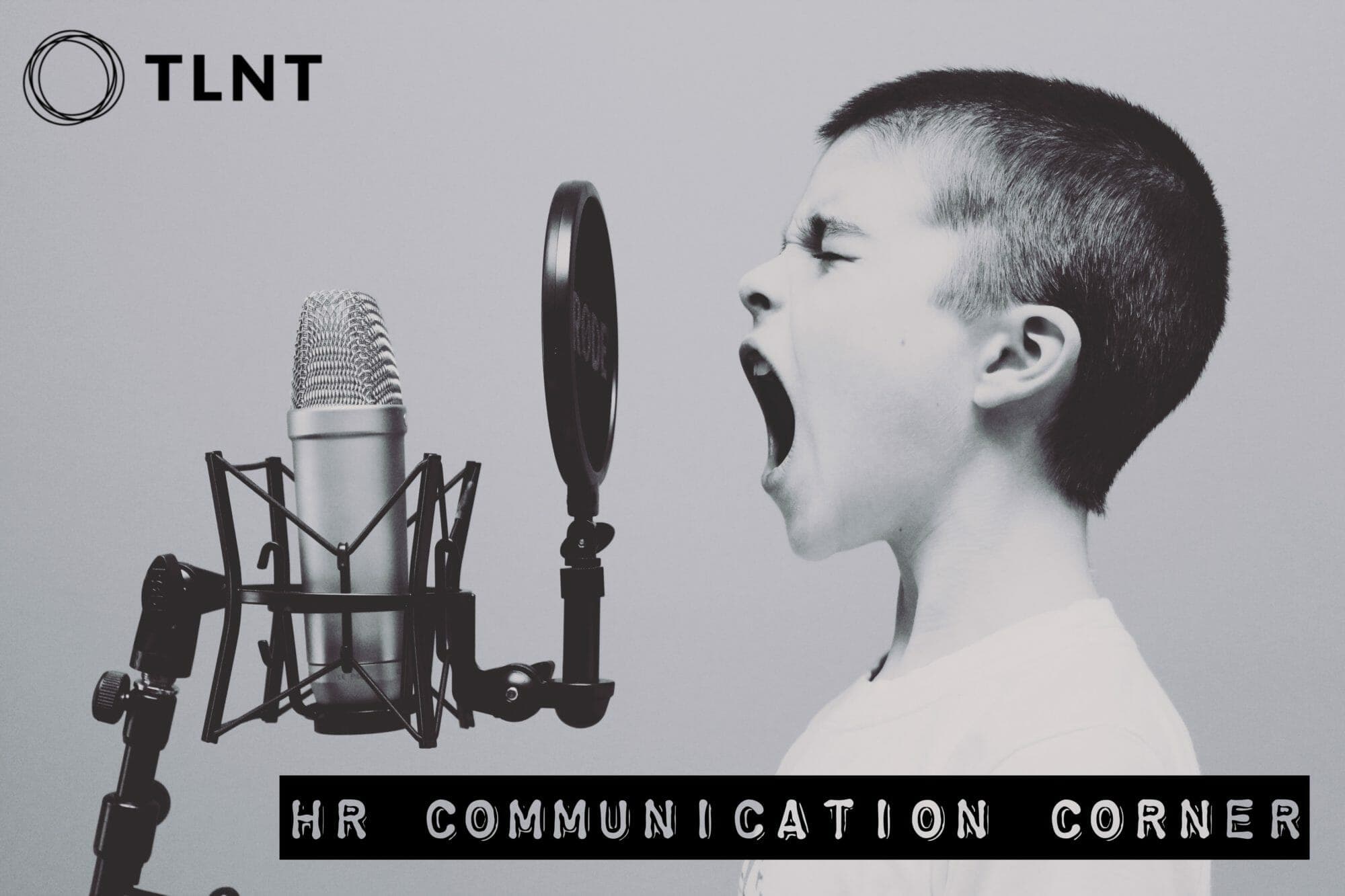When everyone’s responsible, no one’s responsible. Ask your kids why the house has been turned into a disaster while you were away at a conference; they’ll point fingers. Ask neighbors why the city’s saddled with an unreasonable policy; they’ll say “people didn’t get out to vote.” Ask citizens why the city looks dirty; they’ll say “nobody cares.”
To change things, make everyone individually responsible for specific communication practices. The result: Real teamwork. With that in mind, here are five communication habits and attitudes to boost teamwork, productivity, and morale.
1. Respond Promptly As a Matter of Productivity and Respect
On social media, the expectation time for response is fast or faster.
According to various studies on customer-service response times, customers expect a response within one to four hours. So how fast do companies typically respond? Ten hours, according to various studies by social-media experts and bloggers. Big disappointment. If you take even longer to respond to a teammate’s text or email, bigger disappointment.
Understand clearly what the response standard is for your team: One hour? Four hours? Eight hours? Twenty-four hours? Are there exceptions to this standard? If so, what? Slow responses suggest many things — most of them negative. (Disorganization? Disrespect? Disregard? Incompetence? Don’t leave the other person wondering which applies.)
Your delay of a day can easily stall someone else’s project for a week.
2. Be Bold Enough to Be Brief
Begin with a summary. Whether giving a presentation, leaving a voicemail, or speaking up in a meeting, make your bottom-line your opening line. Tell the audience what you want them to do, decide, approve, consider, buy, or learn. No, don’t promise to tell them that something later. Tell them now. Then elaborate further, as necessary. Brevity gives focus. And with focus comes clarity.
3. Realize You Could Be Wrong
Nothing starts you on the road to building trust like admitting a lapse in judgment for a bad decision. It’s the failure to do so that infuriates others and compels them to keep pointing out a poor decision and the consequences.
To maintain accountability, you need to hear feedback from colleagues regularly. Ask difficult questions — questions that may generate troubling answers. “What can I do differently to make your job easier?” “What suggestions do you have to improve this process as it relates to both our jobs?” “The next time we handle this X, what changes would you like to see?”
Find someone or a small circle of trusted confidantes who do not report to you — an internal or external coach, colleagues, or mentors –– to help you stay focused on tough challenges and areas that need improvement.
4. Let Your Writing Reflect How Well You Think
Clear writing reflects clear thinking, and it can be a tough task to master. Unlike a meeting or hallway discussion, you can’t mumble through the process. Writing well demands research, analysis, creativity, and organization.
Use these prompters to prod your thinking: Imagine yourself seeking capital from a roomful of venture capitalists. Sit for a final exam with your virtual “board of directors.” Imagine what questions they would ask. Then answer them.
Your report or proposal should not reflect everything you know about a subject. It should reflect everything you think significant to make a decision or take action.
5. Meet Like You Mean Business
If you’re in charge, take charge. You need an agenda –– not just topics in your head. Shape the topics into laser-focused questions to narrow your discussion immediately.
Not: “Upcoming SHRM Conference”
But: “Should we send reps to the ABC Conference? If so, who?”
With this sharply focused agenda item, your colleagues immediately know exactly the point of each discussion: the problem to be solved, decision to be made, or the input you’re seeking.
Hitting the meeting target is far easier when everyone knows the intended outcome. This clear agenda and skilled facilitation drive the discussion. As a result, engaged team members can build significant analysis that leads to solid decisions and action.
A bonus with this kind of focused agenda: A shorter meeting!
Adopt even a few of these communication routines and attitudes, and you’ll boost productivity and revolutionize your team culture.
